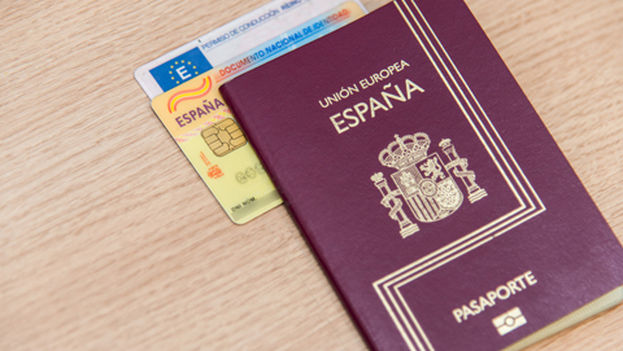
14ymedio, Ferrán Nuñez, Paris, 7 November 2014 — It was the month of November 2007. A group of seven Latin American countries led by Spain decided to sign a historic agreement that never came to be, so far, a mere bureaucratic anecdote. In effect, the Multilateral Spanish American Convention on Social Security offered a legal solution to the Hispano-American workers who moved to a Spain then in the middle of a real estate boom. Similarly, it dealt with former refugees from Chile, Uruguay and other states who, after a life of work in Europe and once democracy was re-established in their countries of origin, wanted to return home with their acquired retirement rights.
Naturally, this movement of workers is part of the wider trend of globalization which, as we know, accelerated the displacement of workers from the poorest regions to richer ones, thus creating an ever greater interdependence among countries. Specifically, among Hispanic nations where there is “a common cultural, economic and social framework,” this agreement is intended to become an instrument to coordinate the disparate national laws so that migrating workers and their families, in the always possible case of return, “could enjoy the benefits generated by their work in their host countries.” In this way, the agreement has facilitated the return to their country of origin of many workers hit by the current financial crisis.
The Cuban Case
The Spanish Law of Historical Memory permitted the children and grandchildren of Spaniards to claim the nationality of their ancestors. The current global crisis that the island is experiencing has caused many descendants of those Spaniards, among whom are included the children of Fidel Castro himself, to welcome the benefits of this law in order to be able to emigrate. According to the latest official consulate data, half a million applications were made, of which 190 thousand have been accepted and 100 thousand are pending. In the end Cuba will have the greatest colony of Spaniards of all the Americas.
Thus, many fellow countrymen, looking for a better future, have managed to install themselves on the Spanish peninsula and in other countries. Spain, through its seventeen administrative authorities, is devoting considerable resources to organizing the return of these families. However, the arrival of new Spaniards to the peninsular territory may be traumatic since there exist no agreements between Madrid and Havana for recognizing the retirements, among other deficiencies, as pointed out by lawyer Pedro Luis Sanudo from his blog DobleR, where he advises waiting for “better times” to try the return adventure.
Based on these realities, an affected group above age 50, residents in Spain, headed by the returnee Cuban-Spaniard Alvaro Miralles, has gathered signatures (ten thousand) on the platform Change.org. The object of his demand is simple: Cuba’s inclusion in the Multilateral Spanish American Convention on Social Security. He intends to send this petition to the King and to the Foreign Relations Ministers of Spain and Cuba during the next Spanish American Summit which takes place in December in the Mexican state of Veracruz.
For Miralles it is not only a problem of basic justice and equity among all Hispano-American countries. The protection of Cubans abroad should be a priority, and he concludes his petition saying: “Cuba has just received great support in the heart of the United Nations for the lifting of the economic embargo of Cuba; we believe this is a good opportunity to also lift another embargo that exists between Spain and Cuba as regards social security.” The next visit of the Spanish Chancellor to Havana, announced for next November 24, could be the best occasion to complete this agreement.
——-
Ferrán Nuñez has published the book “Historia de Cuba y de España para tontos” (The History of Cuba and Spain for Idiots).
Translated by MLK
